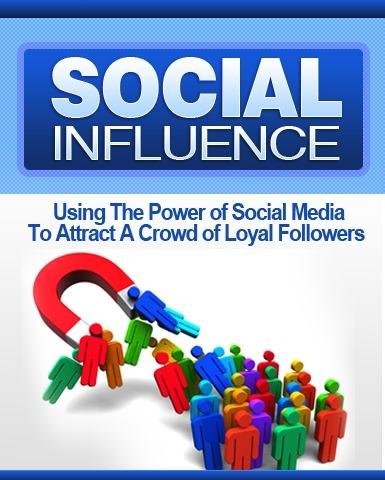Title: The Power of Social Influence in Today’s Digital World
In our hyper-connected world, social influence is an undeniable force shaping our beliefs, decisions, and behaviors. With the rise of social media and the internet’s global reach, social influence has transformed into a significant factor impacting individuals and industries alike. From the products we buy to the causes we support, understanding social influence is key for anyone looking to navigate today’s digital landscape.
Understanding Social Influence
Social influence is the effect others have on an individual’s opinions, behaviors, and decisions. This influence can come from a wide array of sources: friends, family, celebrities, social media influencers, or even complete strangers. People often look to others for cues, and in a digital age where platforms like Instagram, YouTube, and TikTok are omnipresent, these cues are more powerful than ever.
Types of Social Influence
There are several types of social influence, each affecting people in different ways:
-
Normative Influence: This occurs when people conform to fit in with a group. Individuals may buy a trending product or post a specific type of content simply to be accepted by their peers.
-
Informational Influence: When individuals seek guidance from others to make informed decisions, they are subject to informational influence. This is common in product reviews or recommendations from experts and influencers.
-
Peer Pressure: Peer influence, especially among younger demographics, is a powerful driver of behavior. This pressure can lead people to engage in certain activities or follow certain trends, often motivated by a desire for acceptance.
-
Social Proof: Social proof is when people copy the actions of others, believing those actions reflect correct behavior. For example, a restaurant crowded with people may seem more appealing than an empty one, purely due to social proof.
The Role of Social Media Influencers
Influencers are at the core of social influence in the digital world. With dedicated followings, they hold the power to sway their audience’s opinions, purchases, and even lifestyles. Companies have recognized this power and invested heavily in influencer marketing. The result? A unique ecosystem where influencers create content, share their personal lives, and endorse products, all while subtly (or sometimes overtly) influencing consumer behavior.
Why Do We Follow Influencers?
-
Authenticity: Influencers often present themselves as relatable and genuine, creating a sense of trust and familiarity with their audience.
-
Expertise: Many influencers build followings based on their expertise, whether in fashion, fitness, travel, or technology. This knowledge lends them credibility.
-
Engagement: Unlike traditional celebrities, social media influencers can interact with their followers directly through comments, messages, and live content, establishing a more personal connection.
-
Aspirational Lifestyle: Influencers often share carefully curated lifestyles that many followers aspire to emulate, creating a desire to follow in their footsteps.
The Dark Side of Social Influence
While social influence has benefits, it also has its challenges. Issues like FOMO (Fear of Missing Out), unrealistic body standards, and even mental health issues can be exacerbated by the pervasive presence of influencers and social media. It’s essential for users to cultivate a sense of self-awareness and critical thinking to navigate social influence healthily.
Harnessing Social Influence for Positive Change
Social influence can be harnessed for positive change. Many influencers and companies use their platforms to raise awareness about social issues, environmental causes, and mental health. By aligning with such causes, people and brands can contribute positively to society, demonstrating that social influence is not just a tool for personal gain but a means to impact the world meaningfully.
Conclusion
Social influence is a double-edged sword. It can drive people to make positive changes and connect with communities but also lead to unrealistic comparisons and consumer pressure. Recognizing the power of social influence allows individuals to make conscious choices about the content they consume, the influences they follow, and the impact they want to have on others. For marketers, understanding social influence is not just about riding the latest trend; it’s about connecting authentically and responsibly with audiences who look up to them.







Reviews
There are no reviews yet.